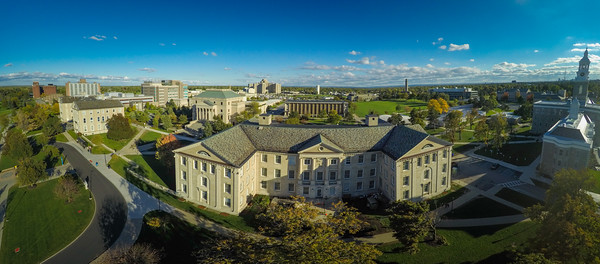The Motor Speech Laboratory in Cary 108/110 on the University at Buffalo South Campus investigates speech production deficits in persons with neurologic impairment, such as Parkinson’s Disease and Multiple Sclerosis. The overall aim of this NIH-funded research is to describe the manner in which different types of neurologic lesions or dysarthrias affect speech. We also aim to identify therapeutic techniques most effective for maximizing intelligibility and speech naturalness in dysarthria – and the underlying speech production changes responsible for adjustments in intelligibility and naturalness. Temporal and spectral acoustic measures (i.e., voiceprints or spectrograms) are used to infer processes underlying speech articulation and their relationship to functional communication, as indexed by objective measures of speech intelligibility. Many of our studies have investigated the effects of rate manipulation, clear speech, and increased vocal loudness – all of which are common treatment techniques for dysarthria – on acoustic measures of speech production as well as intelligibility.

The lab is equipped with a sound-treated room for on-line recording of speakers, high fidelity microphones, microphone preamplifier, sound level meter, audio filters, and computer workstations equipped with specialized software for acoustic analyses. The laboratory also has equipment for quantifying air pressures and flows generated during speech.


